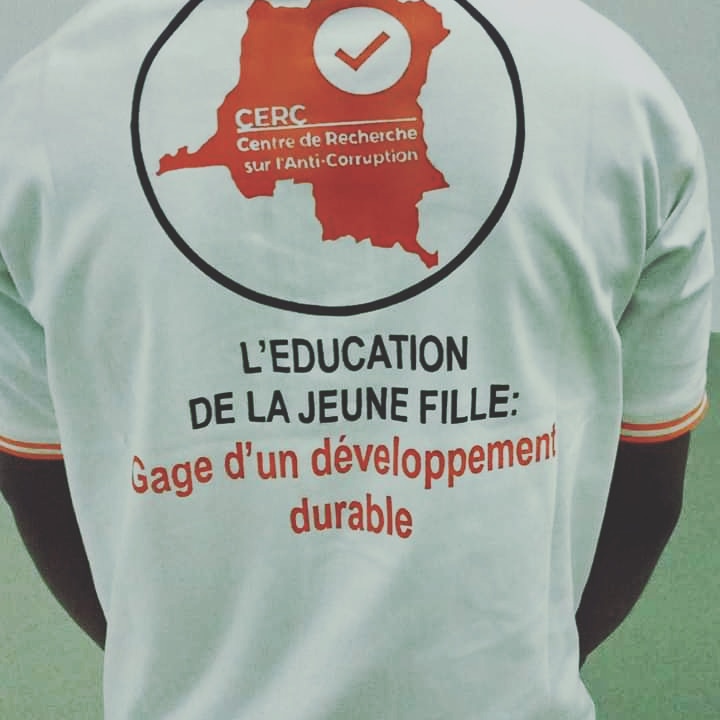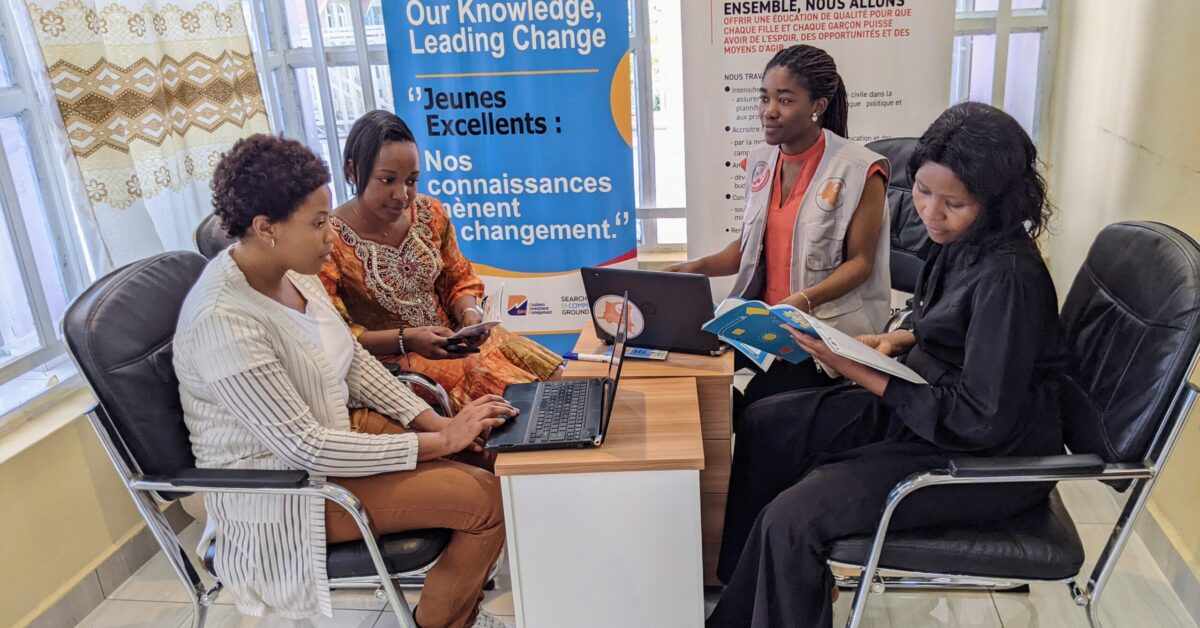Gender Equality and Social Inclusion
Equal access to quality education is vital for the future of her country and the wider world. It is the key to sustainable development. Without the equal participation of all people, including individuals at risk of exclusion, society has less of an opportunity to reach its full potential in terms of its economy and level of governance.
Around the world, girls suffer from injustice, difficulty accessing school, violence on their way to and at school, and child marriage and labor. Missing education will mean that girls and women will remain underrepresented in our future leaders. Education allows a better life. It is indispensable for ending the generational cycles of poverty and disease and provides the means to achieve sustainable development.
Quality education can give girls and boys the knowledge and skills to behave responsibly and actively participate in social, economic, and political decision-making. When educated child goes from adolescence to adulthood, they have a better chance of growing into adults who can and will give back to society. If more children receive a quality education, they are more likely to send them to school and help end the cycle of missing education.
What we do
At CERC, we set a goal is to empower women, girls, and all individuals at risk of exclusion within the communities in which we work to act with and demand integrity, actively taking part in building institutions to promote a Congo that is open, accountable, and responsive to their needs and expectations.

Since 2017, Centre de Recherche sur l’Anti-Corruption – through its NORAD-funded project “Students Acting for Honesty, Integrity and Equality” – spreads awareness and campaigns for the achievement of the education and gender equality goals set by the Sustainable Development Goals 4 (quality education) and 5 (achieve gender equality and empower all women and girls). The aim of campaigns organized by CERC aims to sensitize parents, decision-makers, opinion leaders and civil society to their effective and efficient commitment to getting girls to schools, including those living with disabilities.
Our Impact
396 school girls
empowered to be monitors and confidently voice their communities’ concerns and needs, and influence decisions
44 students at risk of exclusion
are engaged in monitoring activities within their communities
70% of education officials
have enhanced relationships with and are more responsive to the demands of women, girls and people at risk of exclusion.
SDGs Impacted
![]()
![]()
![]()
![]()
![]()
![]()
![]()
![]()
